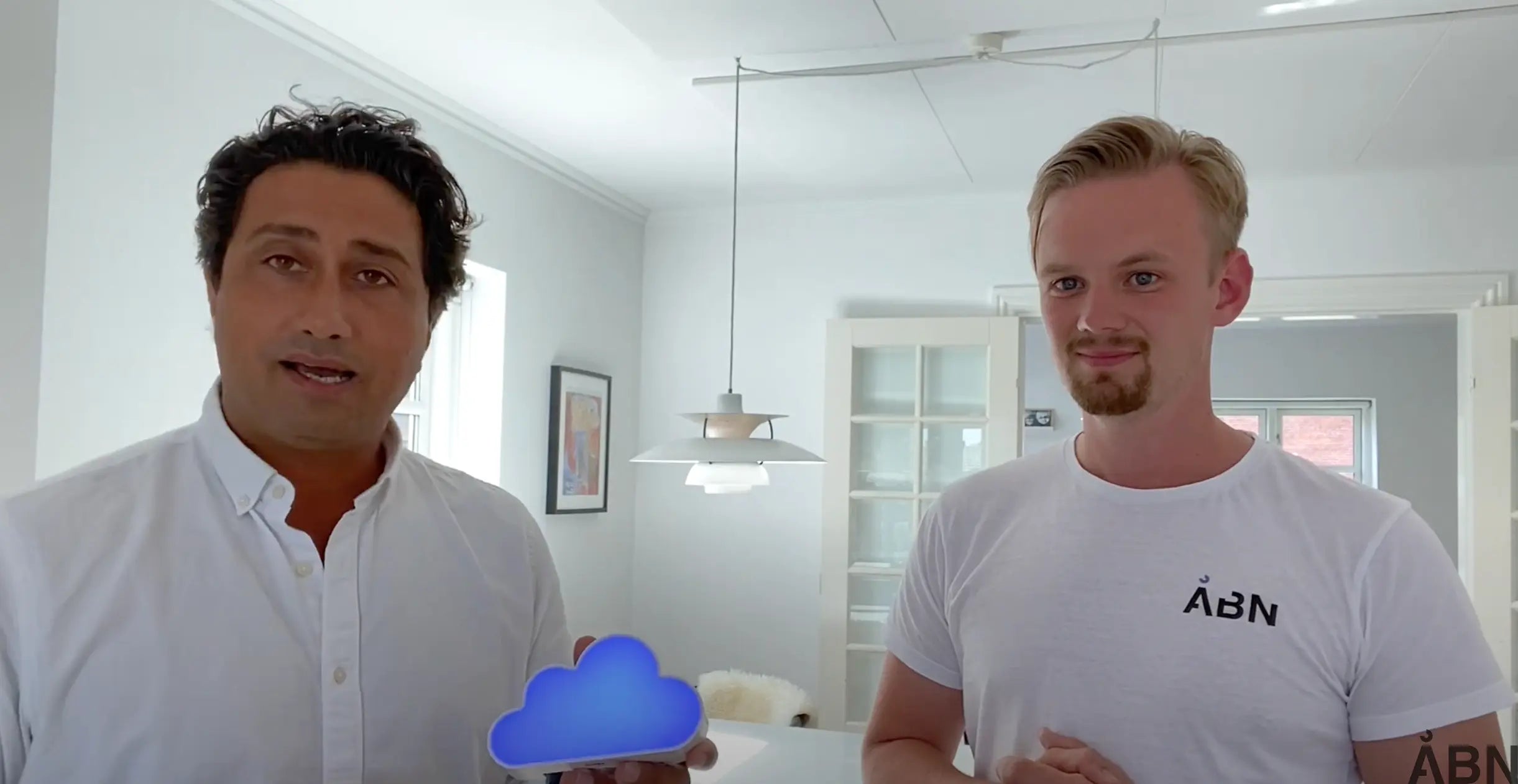Indoor climate is an important municipal priority. If the indoor climate is optimized, it is almost guaranteed that the consequences will provide socio-economic benefits that are many times the investment in indoor climate.
Unfortunately, the indoor climate in municipal buildings is not a priority for several Danish municipal politicians. We think that's a shame.
Therefore, we would like to inspire Danish politicians to consider indoor climate improvements in the annual budget negotiations.
Among other things, it is inspiring to hear Araz Khan's considerations about why the CLOUD from ÅBN is a good municipal investment:
Also read how municipal politician Mikkel Dam chose to invest in SKYEN in all their schools in Faxe Municipality:
https://aabn.io/blogs/cases/alle-skoler-i-faxe-kommune
ÅBN's solutions for improving the indoor climate in public buildings represent a good municipal political decision for several reasons that relate to environmental, economic and social aspects. Here are our top five best reasons to think OPEN in municipal policy:
1. Health and well-being of citizens:
By investing in ÅBN's technology to monitor and optimize the indoor climate, municipalities can ensure a healthier working and living environment in public buildings such as schools, libraries and offices. Better air quality and regulation of temperature and humidity can reduce the risk of health problems such as asthma, allergies and other respiratory diseases, which is particularly important for children and the elderly who spend significant amounts of time in municipal facilities.
2. Increased productivity and learning:
Research shows that a good indoor climate improves concentration and productivity. In educational institutions, this can directly translate into better learning and academic performance. For employees in municipal buildings, improvements in the indoor climate can lead to fewer sick days and higher job satisfaction.
3. Energy efficiency and sustainability
ÅBN's systems use advanced technology to optimize energy consumption by adjusting heating, cooling and ventilation according to actual need. This leads to lower energy consumption and reduced CO2 emissions, which supports the municipality's goals of sustainability and compliance with environmental regulations.
4. Financial savings
By optimizing energy consumption, the municipality can achieve significant financial savings. Reduced operating costs from energy use can free up funds that can be used for other municipal services and improvements.
5. Improved public image and compliance with legislation
Implementation of technology from ÅBN can help the municipality appear as an innovative and responsible public actor that prioritizes citizens' health and the environment. At the same time, it can help ensure compliance with national and international standards for indoor climate and energy consumption.
Overall, ÅBN's solutions represent a strategic investment for any municipality that wants to promote health, efficiency and sustainability in its public buildings, making it a wise and future-oriented municipal policy decision.
Contact us to hear more . We are happy to help you make decision notes for your upcoming budget negotiations.
That is what the parliamentary politicians say
We have previously had a dialogue with parliamentary politicians to hear their political position on how the indoor climate is given higher priority in public schools. If you are a politician and want to express your position on the area, you are welcome to submit it to hello@aabn.io
Peder Hvelplund, Enhedslisten
"Enhedslisten therefore proposes that a national action plan be drawn up that obliges the municipalities to make concrete decisions about how and in what order they want to solve the problems."
Jacob Mark, SF
"SF will set aside DKK 400 million annually for a better indoor climate over the next five years. It will go towards investments that will improve the indoor climate and the energy standard in Danish primary schools."
Anni Matthiesen, Left
"Furthermore, we certainly must not underestimate the importance of properly ventilating and opening the windows, e.g. during recess. I know, for example, that there are schools that work on the basis of a very clear principle that windows are opened in all classes at certain times during of the school day. Other schools can be inspired by that."
Susan Kronborg, Radical Left
I know that the reason they haven't taken the sod deeper in recent years is that the price is too high. Therefore, indoor climate is far too recalcitrant for most politicians to bring to the negotiating table. We must therefore start with nudging so that the individual school and the individual classroom can react when the oxygen level drops too far."







